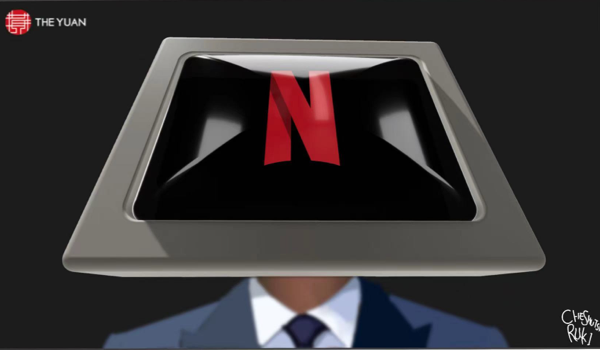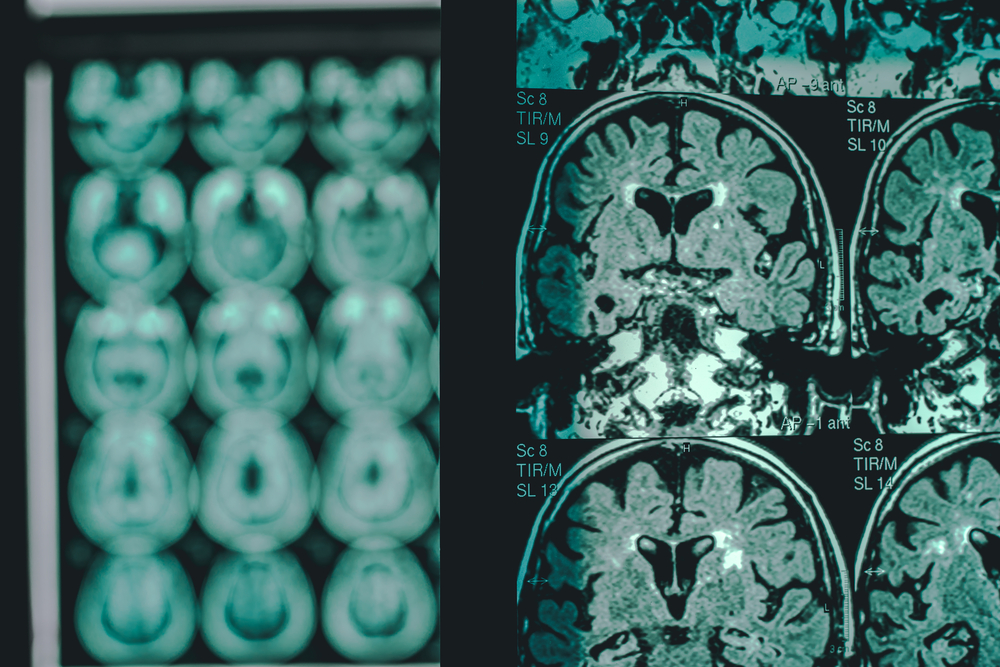


BOSTON - Artificial intelligence (AI) is big business’s new flavor of the month. Companies are rushing to showcase how they will be using new generative AI (GAI) models, and the media is full of stories about the technology’s transformative potential. There is no denying that it could significantly increase productivity, but who stands to benefit? The ongoing strike that the Writers Guild of America (WGA) has declared may offer an answer.
Hollywood screenwriters are confronting a future that all knowledge workers will soon face - and without the benefit of union representation. At issue is how GAI will be used, and by whom. Will TV and movie producers simply see AI as a way to replace writers and cut costs, or will they have the foresight to use it to create higher-quality content, empowering creative workers to be more productive and earn higher incomes?
Today’s developments echo similar things that have happened before. In the early 20th century, rapid improvements in manufacturing technologies - such as moving assembly lines and electrical machinery - led to a sharp increase in productivity. Henry Ford, a pioneer in applying these technologies, estimated that, “The motor enabled machinery to be arranged in the order of the work, and that alone has probably doubled the efficiency of industry...”. However, workers did not automatically share in these gains: On the contrary, that did not happen until new tasks had been created and until workers had acquired enough bargaining power to demand higher wages. These are the two pillars of shared prosperity.
While Ford and his contemporaries certainly did automate some processes, their improved factories
The content herein is subject to copyright by Project Syndicate. All rights reserved. The content of the services is owned or licensed to The Yuan. The copying or storing of any content for anything other than personal use is expressly prohibited without prior written permission from The Yuan, or the copyright holder identified in the copyright notice contained in the content. Continue with Linkedin
Continue with Linkedin
 Continue with Google
Continue with Google









 1033 views
1033 views








